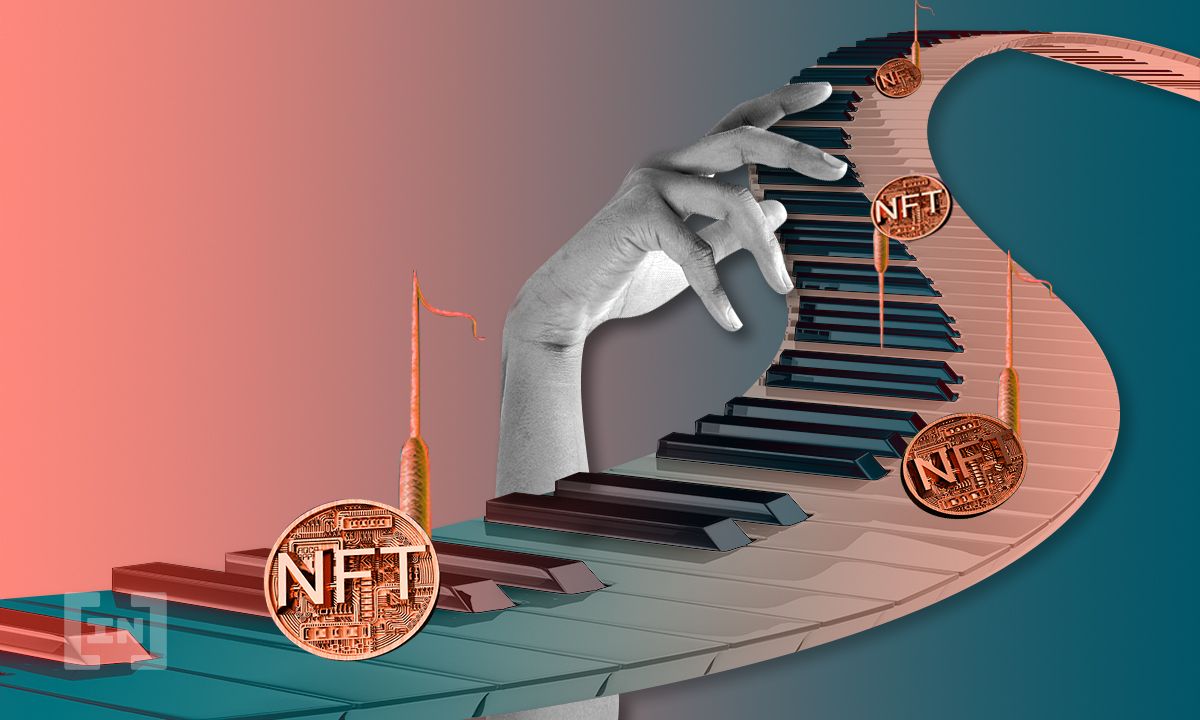The art world may be where non-fungible tokens (NFTs) got their start, but it’s not the only industry cashing in. A panel took place on fashion gaming and music at Christie’s Art + Tech Summit. The panelists revealed where these industries are taking this technology.
Panelists included Alissa Aulbekova and Paula Sello, Creative Director & Co-Founder of Auroboros; Amber Jae Slooten, Co-Founder and Creative Director of The Fabrican; Lin Dai, Co-founder and CEO, OneOf, Jamie Lewis, CEO & Co-Founder, Ioconic and John Linden, CEO of Mythical.
Democratizing industries with NFTs
A strong focus of the panel was on the ability of NFTs to democratize their industries.
When it comes to gaming, although it is already a space popular for combining with crypto, John Linden explains that the majority of players are not from this community.
“It’s really more about the transfer those assets and the ability to sell and things like that,that we want to bring out to the community. I think if you go too much with just a full blockchain stack and gaming, you’re gonna end up with a very small niche audience. We’re not going to kind of go on that next 100 million consumers like you could with music and gaming and fashion,” he explains.
However, Lin Dai points out that this is only possible when the network is actually affordable.
“I mean, there’s some barrier to entry today right so the democratisation need to have, you know, in order for it to happen. The minting costs on Ethereum had to come way down right. So we don’t think you can really be democratizing when inting of an NFT is $150,” he explains.
For those in the fashion game, NFTs provide a way for people to access luxury brands in the digital space.
“We’re just so excited thinking what the future can be. Especially on the luxury side how it can be more experiential and more immersive for everyone,” say Alissa Aulbekova and Paula Sello.
Heading into future digital worlds
Unlike art, where many NFTs exist in both physical and digital forms, much of these fashion, music and gaming products simply exist in the metaverse.
Amber Jae Slooten’s work is entirely digital, as an digital-only fashion brand. “We create clothes that are always digital and will never ever be physical,” she explains.
“Our identity is becoming more and more online every single day. It was a logical decision to think about hey how this fashion move into this space, how does fashion move into this digital identity, how do we curate the space around ourselves that we take with us in this metaverse,” she says.
This idea of the metaverse speaks to an interconnected world online. Here people interact and participate in parallel with the “real world.”
The metaverse is already pretty prominent in multi-player games. It is only beginning to expand to other parts of people’s lives.
For brands, this means getting involved or being left behind as these new worlds grow.
“Ultimately it’s about creating longevity and, you know these new technologies are adapting though. So therefore they can you know, continue growing their fan bases, you know, that’s pretty much the way they’re seeing it,” says Jamie Lewis.
However, this is still in it’s early stages with companies like the panelists being at the forefront of new innovations.
“I think we haven’t seen nothing yet of what’s possible with this kind of technology,” says Slooten.
Disclaimer
In adherence to the Trust Project guidelines, BeInCrypto is committed to unbiased, transparent reporting. This news article aims to provide accurate, timely information. However, readers are advised to verify facts independently and consult with a professional before making any decisions based on this content. Please note that our Terms and Conditions, Privacy Policy, and Disclaimers have been updated.

